Pillsbury SALT partner Craig Becker will be presenting at the California Alliance of Taxpayer Advocates 2024 Annual Conference on December 12.
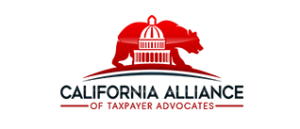
Pillsbury SALT partner Craig Becker will be presenting at the California Alliance of Taxpayer Advocates 2024 Annual Conference on December 12.

Pillsbury SALT attorneys Carley Roberts, Robert P. Merten III and Jeff Phang will present at this meeting, which will take place November 6-8.
The California Franchise Tax Board (FTB) announced it has initiated the formal rulemaking process to amend Regulation Section 25136-2, which governs the sourcing of receipts from services and intangible property. The proposed changes would apply to taxable years beginning on or after January 1, 2024.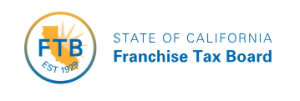 Continue Reading ›
Continue Reading ›
Pillsbury SALT partner Robert P. Merten III will present at a tax policy seminar hosted by the California Lawyers Association on October 18.

The Arizona Court of Appeals held that an investment tax credit (ITC)

deferred as a tax asset has “value” and therefore is properly excluded from the taxable original cost of renewable energy equipment for Arizona property tax purposes. In so holding, the court rejected the argument that an ITC has no monetary worth until its owner derives an actual economic benefit from the ITC, i.e., by using it to reduce a federal income tax liability.
The Pillsbury SALT team had an incredible time last month at the COST SALT Workshop for Technology Companies in Cupertino, CA. Carley Roberts, Zachary Atkins, Craig Becker, Evan Hamme, Robert P. Merten III, Jeffrey Vesely, and Aruna Chittiappa were all panelists and presented on various topics at the workshop. The team also participated in SALT group meetings held at Pillsbury’s Palo Alto office. Over the course of several days we learned more about each other, strategized ways to better serve our clients, and attended a variety of substantive sessions.

In 1993, the California Legislature amended Revenue and Taxation Code (RTC) sections 6011 and 6012 to exclude from California sales and use tax amounts charged for intangible personal property transferred with a technology transfer agreement (TTA) if the TTA separately stated a reasonable price for the tangible personal property (TPP). Nine years later, the State Board of Equalization (SBE) adopted Regulation 1507, Technology Transfer Agreements, to implement and interpret the TTA statutes and to incorporate the California Supreme Court’s holding in Preston v. State Board of Equalization, 25 Cal.4th 197 (2001). Subsequent litigation over the next 13 years in Nortel Networks, Inc. v. State Board of Equalization, 191 Cal.App.4th 1259 (2011) and Lucent Technologies, Inc. v. State Board of Equalization, 241 Cal.App.4th 19 (2015), invalidated portions of Regulation 1507, as well as Regulation 1502 (Computers, Programs and Data Processing). In the nine years since the Lucent decision, the SBE and its successor, the California Department of Tax and Fee Administration (CDTFA), have been engaged in a seemingly endless regulation project.
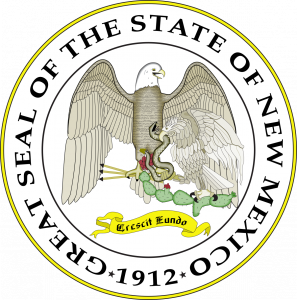
The New Mexico Court of Appeals has held that a multinational oil and gas production company did not constitute a “unitary corporation” with its foreign subsidiaries, pursuant to statutory carve-out language regarding the term “unitary corporation.”
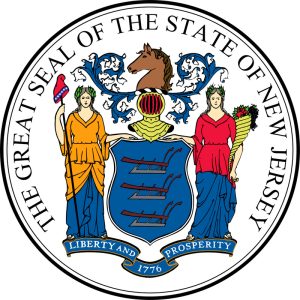
The New Jersey Tax Court held that a taxpayer was entitled to a refund of corporation business tax (CBT) for tax years 2011 and 2012 after determining the taxpayer correctly used a market-based sourcing methodology to source service receipts to New Jersey. In its unpublished April 11, 2024, opinion, the court rejected the argument that the law and regulations in effect during the tax years at issue, which preceded 2018 legislation adopting market-based sourcing, required the use of a cost of performance (COP) methodology.
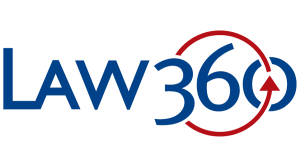
Zack Atkins’ comments in Law360 Tax Authority regarding newly passed legislation in Tennessee that could provide taxpayers with up to $1.6 billion in rebates for portions of three years of past payments and up to $400 million in new savings each year.
Read more here.